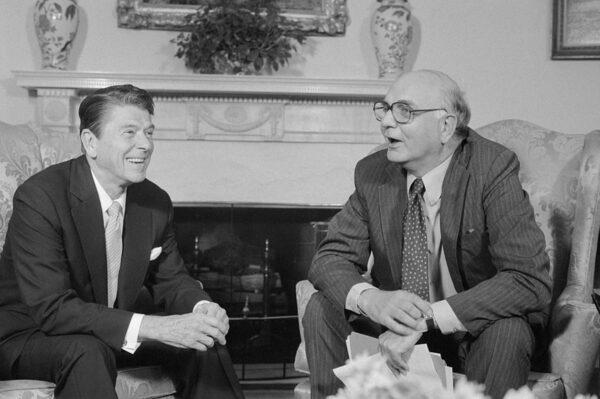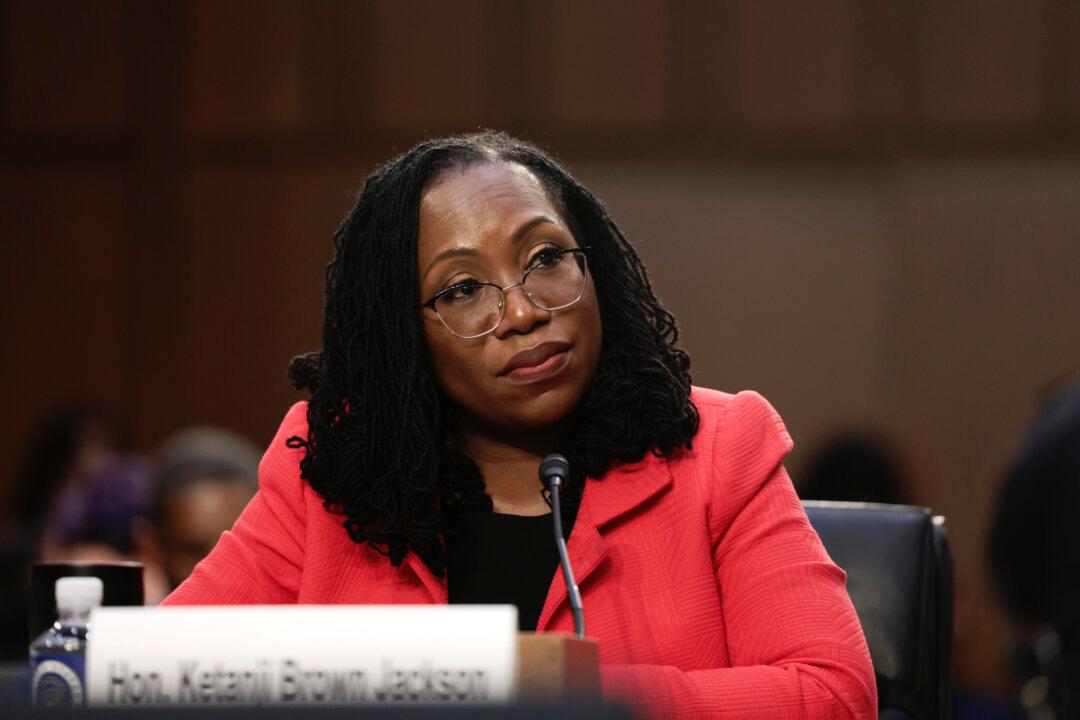Commentary
It has been over 100 years since the United States has had a political figure like former President Donald Trump. Given his personal popularity among the Republican base along with his core message, Donald Trump proved with his appearance at CPAC that the Republican Party remains within his grasp. That may well mean he can take the 2024 nomination as well.





